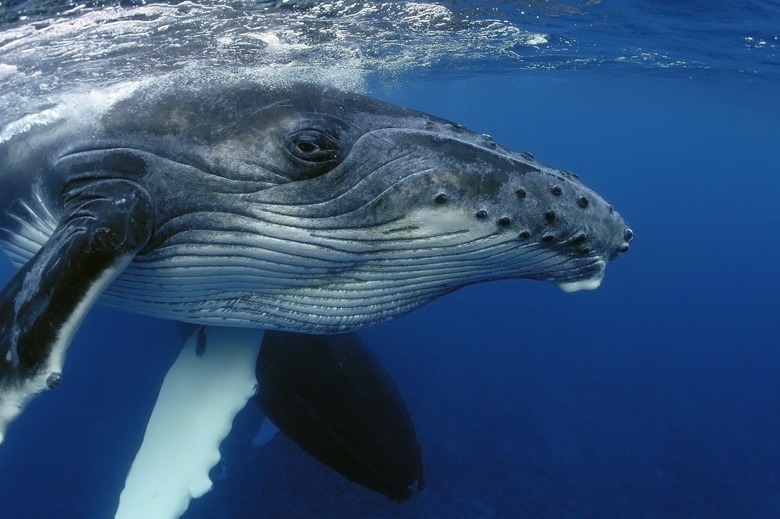The World's Oldest Animals And What They Eat
This is one in a series of stories; visit The Daily Meal Special Report: The Quest for Longevity (and What Food Has to Do With It) for more.
How much can you accomplish in a lifetime? For an average human being, that's 71.4 years of age, according to the World Health Organization (good news: it's closer to 80 on the average in the U.S. alone), but for other living creatures on Earth, it can be much, much longer.
However, in the wild, an animal's life expectancy can be cut short due to external factors ranging from extreme climate change to poaching. Individuals of one species, the African elephant, have an average lifespan of 70 years, but their lives are frequently cut short by poaching. Tens of thousands of elephants are wiped out every year for their ivory tusks, which can be worth more than 10 times the average annual income in many African countries, the New York Times reported in 2012.
Programs initiated by conservation groups, such as the Wildlife Conservation Society, have helped ensure and protect the longevity of elephants and other animals, but other factors, such as changing habitats and diets, may also play a role.
"Animals that do not naturally have long lifespans may live longer in zoos due to optimum nutrition during all life stages, perhaps a lack of competition, and often a lack of poor food availability seasonally in free ranging environments," Barbara Henry, curator of nutrition at the Cincinnati Zoo and Botanical Garden, told The Daily Meal.
"At the Cincinnati Zoo and Botanical Garden we focus on appropriate nutrition and health management, which positively impacts not only the opportunity for animals to live longer, but to live their years in good health and appropriate condition, regardless of species."
In addition rehabilitation centers and care from animal facilities, inhabiting cold temperatures seems to be another factor in longer lifespans. For example, deep-sea sponges have been documented having lived as long as 11,000 years, according to a study in the journal Aging Research Reviews.
To read about 9 other longest-lived animals and what they eat, click here.
